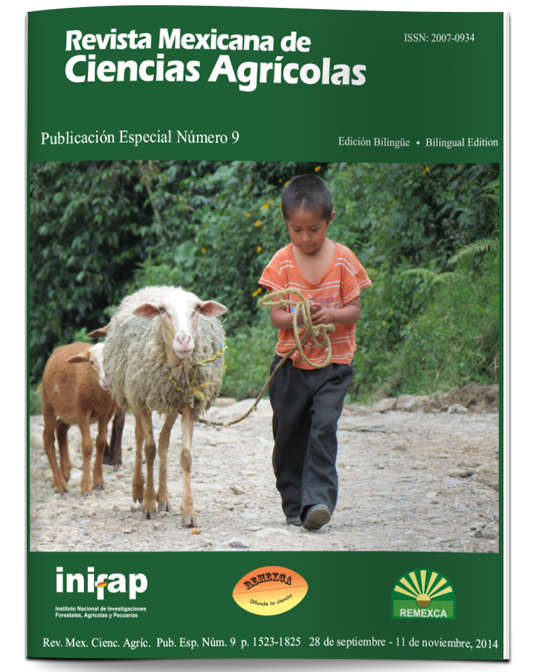Perception in landscape evaluation
DOI:
https://doi.org/10.29312/remexca.v0i9.1068Keywords:
landscape assessment methods, landscape design, land planning, landscape preferenceAbstract
The territory is a dynamic geographical space where nature converges with the interests and human activities. Currently, the constant growth of scarcely planned human settlements has caused a deficient natural resource management that is reflected in environmental and social problems. Proper land use planning requires methodological tools as landscape perception evaluation. The aim of this paper is to have a conceptual approach of landscape perception evaluation and its importance in the planning of a particular territory. To do this, some definitions of landscape perception reported in the past decades were analysed. The study of landscape perception or environmental evaluation is considered a trans-disciplinary methodological tool, fundamental in all territorial planning process, based on the active participation of users and oriented to give answers to its environment necessities perceived subjectively. In addition, a regional planning requires that it takes into account the social perception to contribute to the preservation of culture, biodiversity and promote a sustainable development.
Downloads
Downloads
Published
How to Cite
Issue
Section
License
The authors who publish in Revista Mexicana de Ciencias Agrícolas accept the following conditions:
In accordance with copyright laws, Revista Mexicana de Ciencias Agrícolas recognizes and respects the authors’ moral right and ownership of property rights which will be transferred to the journal for dissemination in open access. Invariably, all the authors have to sign a letter of transfer of property rights and of originality of the article to Instituto Nacional de Investigaciones Forestales, Agrícolas y Pecuarias (INIFAP) [National Institute of Forestry, Agricultural and Livestock Research]. The author(s) must pay a fee for the reception of articles before proceeding to editorial review.
All the texts published by Revista Mexicana de Ciencias Agrícolas —with no exception— are distributed under a Creative Commons License Attribution-NonCommercial 4.0 International (CC BY-NC 4.0), which allows third parties to use the publication as long as the work’s authorship and its first publication in this journal are mentioned.
The author(s) can enter into independent and additional contractual agreements for the nonexclusive distribution of the version of the article published in Revista Mexicana de Ciencias Agrícolas (for example include it into an institutional repository or publish it in a book) as long as it is clearly and explicitly indicated that the work was published for the first time in Revista Mexicana de Ciencias Agrícolas.
For all the above, the authors shall send the Letter-transfer of Property Rights for the first publication duly filled in and signed by the author(s). This form must be sent as a PDF file to: revista_atm@yahoo.com.mx; cienciasagricola@inifap.gob.mx; remexca2017@gmail.
This work is licensed under a Creative Commons Attribution-Noncommercial 4.0 International license.



